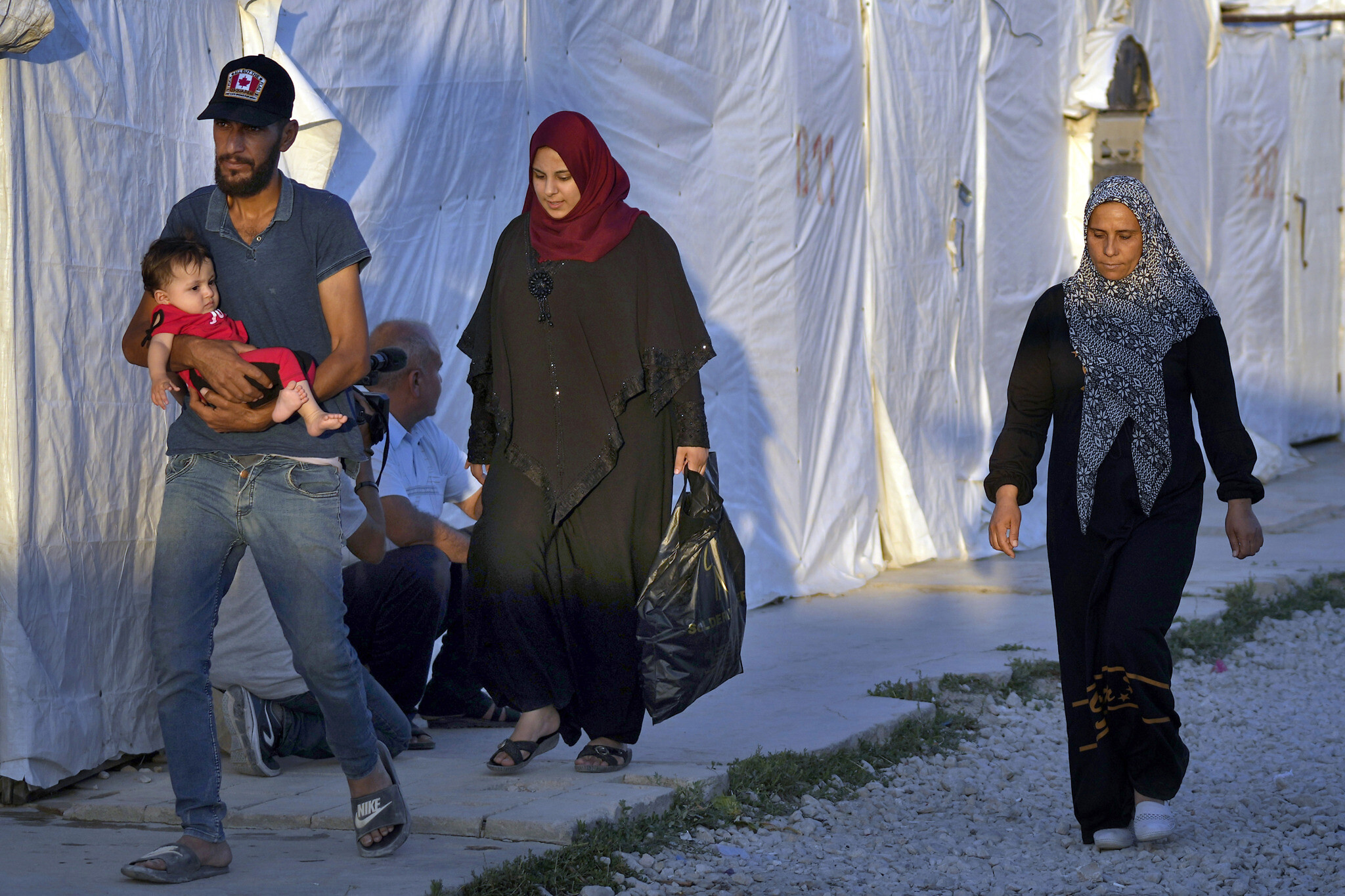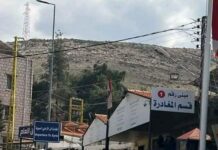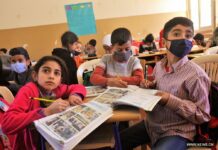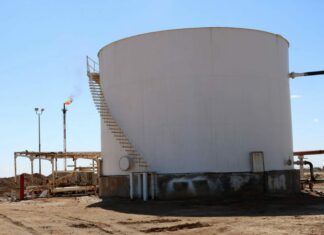
Lebanon’s General Security has signaled its preparedness to deport thousands of undocumented Syrians back to their homeland daily, pending a political green light. Recent weeks have seen Lebanon implement new measures aimed at streamlining the Syrian refugee crisis and facilitating their return.
Among these measures is a refusal to accept banking statements and lease contracts for residency renewals, instead opting for a deposit ranging from 1.5 billion to 3 billion Lebanese pounds (approximately $16,000 to $33,000) at the Ministry of Finance. Additionally, businesses engaging in what is deemed “unfair competition” with local Lebanese enterprises are slated for closure.
Sources familiar with the situation highlight its complexity, cautioning against oversimplification that could further escalate tensions, potentially transforming a Lebanese-Syrian conflict into an internal Lebanese quagmire.
Lawmakers are urged to propose legislation aimed at expediting refugee repatriation, sparing security agencies from shouldering undue political burdens. This call comes in response to assertions by Samir Geagea, leader of the Lebanese Forces party, who singled out General Security as chiefly responsible for the Syrian refugee issue.
In a countermove, the Progressive Socialist Party in Lebanon plans to unveil a comprehensive strategy for the repatriation of Syrian refugees, intending to engage all stakeholders in Lebanon’s political landscape.
Wael Abu Faour, a member of the Democratic Gathering bloc in the Lebanese Parliament, underscores the national significance of repatriating Syrians, stressing the necessity for a cohesive national plan to orchestrate their return.
He advocates for a multifaceted approach, incorporating both political and non-political strategies at local and international levels. Abu Faour reveals that the Democratic Gathering has previously drafted a proposal on this matter, currently undergoing refinement through discussions with various political factions, Prime Minister Najib Mikati’s interim government, the Ministry of Interior, General Security, the Lebanese Army, and other pertinent stakeholders.
In a separate development, the Lebanese Forces party has reiterated its call for the repatriation of Syrian refugees to areas under the control of both the Syrian regime and the liberated areas, contending that Lebanon can no longer justify their prolonged stay within its borders.








